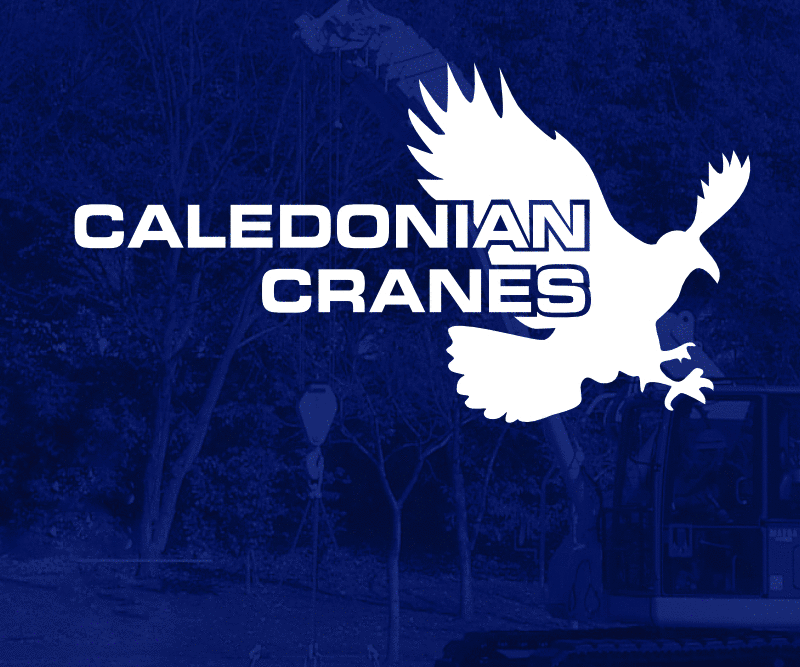Stuart Clubb: Supreme Court gratuitous alienation decision gives with one hand but takes with the other
Courts can, in appropriate cases, devise a remedy to protect the good faith purchaser in a gratuitous alienation, the Supreme Court has concluded in a case that turned on the meaning of “adequate consideration” in the Insolvency Act 1986 and which has been remitted to the Inner House of the Court of Session.
The case can be read in full in our sister publication Scottish Legal News.
Here, Stuart Clubb looks at today’s decision by the Supreme Court in MacDonald and another v Carnbroe Estates Ltd.

Stuart Clubb
Gratuitous alienations are one of the most common types of challenge brought by liquidators and administrators of companies. Under Section 242 of the Insolvency Act 1986, the insolvency practitioner can look back up to five years prior to the commencement of the formal insolvency and challenge any alienation made within that period.
In terms of remedies, the court has a wide power under Section 242(4) to grant what redress “as may be appropriate”, but this typically includes, as was the case here, reduction of the transfer and return of the company’s property. However, if the defender can show that the alienation was made for “adequate consideration”, then that provides a defence to any challenge made.
Today’s Supreme Court judgment is a decision that, in terms of bringing certainty and providing clarification on gratuitous alienation challenges, gives with one hand but takes with the other.
In the first instance, the judgment will be welcomed by insolvency practitioners in upholding the transaction in question as a gratuitous alienation, and providing definitive clarification as to the proper meaning of “adequate consideration”. It is to be determined according to an objective test, having regard to the commercial justification of the transaction in all the circumstances and assuming that the parties would be acting in good faith and at arm’s length.
However, in my opinion the most significant point emerging from today’s judgment was the court allowing the appeal to the extent of remitting back to the Inner House consideration of the appropriate remedy under Section 242(4). The court considered that if it allowed the transaction to be annulled and the property returned to the company, then the creditors would obtain a windfall and the purchaser would be treated harshly.
They would lose the property and simply rank as an unsecured creditor for the price paid. Acknowledging that this was a departure from previous Inner House decisions, the court considered that the wording of Section 242(4) was broad enough to allow the court in an appropriate case, and if justice required, to devise an appropriate remedy giving credit in some way for the price paid.
The question of whether such an appropriate remedy should be devised in this case will now be for the Inner House of the Court of Session to consider. However, the judgment hints very strongly that it should and even provides an example of the liquidators being required to pay a specified sum to the defender as a condition of the reduction.
While today’s decision has brought the clarification that insolvency practitioners and those advising them were looking for on the question of what constitutes “adequate consideration”, the more far-reaching aspect of this judgment is the uncertainty it now creates in terms of the remedies available when challenging gratuitous alienations.
Consequently, all eyes will now be back on the Inner House in Edinburgh for their decision in due course; a decision which will arguably be even more keenly awaited than today’s Supreme Court judgment.
- Stuart Clubb is partner at Shoosmiths in Scotland





















